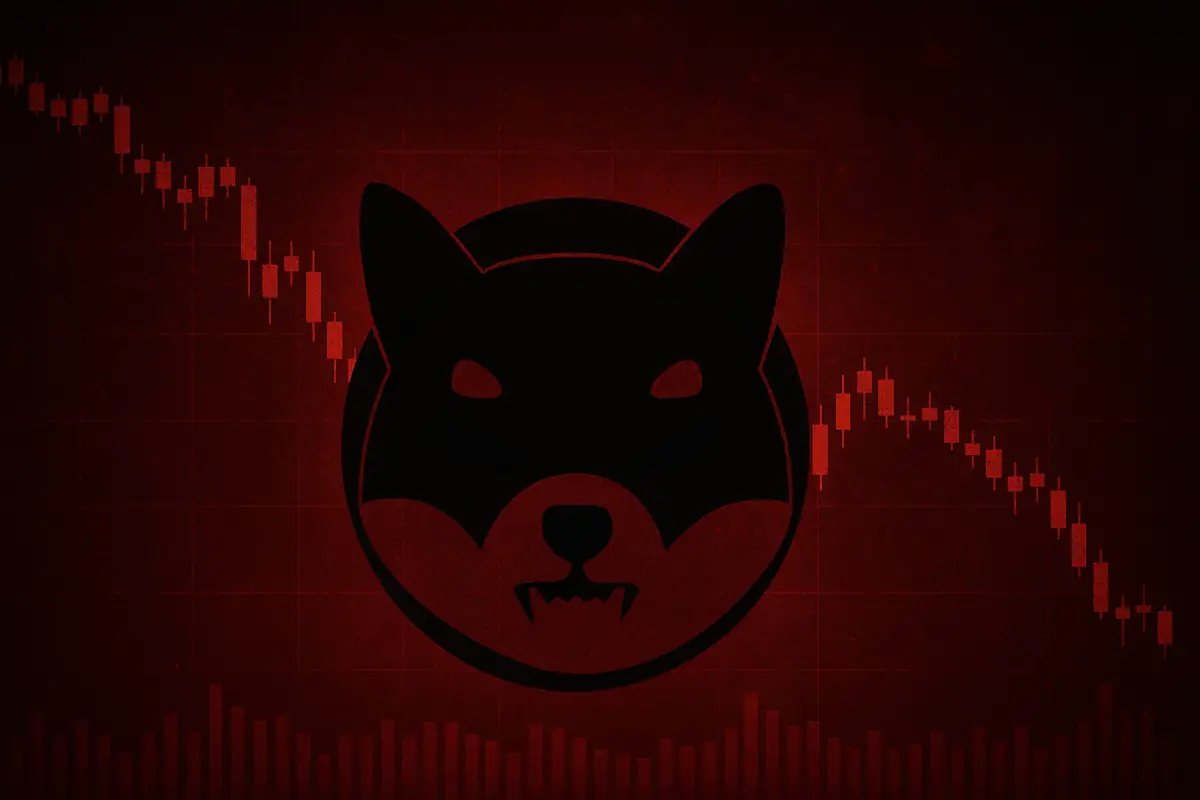I woke up to an unexpected WhatsApp notification. Odd, since I rarely use it. Upon checking, I discovered I had been added to a “Binance Academy” group. According to the group description, it was a “special anniversary event” where Binance would randomly award prizes to group members. The concept seemed enticing at first, but it didn’t take long for the red flags to start piling up.
Soon after, the group admin sent more messages, explaining what Binance is and sharing stats about its global popularity. They even introduced a so-called “senior analyst” from Binance, who promised to share daily crypto tips and news about Bitcoin and Ethereum. This expert claimed to have achieved a whopping 90% return on investment. Sounds impressive, right?
While a few members reacted to the messages with laugh emojis, there were no actual discussions happening. Then came a final message from the admin: user messaging had been disabled to “keep the chat organized,” but you could reach out to admins privately. How convenient.
Let’s break down the obvious red flags and learn how to identify phishing scams like this.
Table of Contents
WhatsApp Group? Really?
First off, if Binance were to host an official event or academy, why would they use WhatsApp instead of their own app or website? A quick Google search revealed Binance’s official stance: “Binance will never contact users in WhatsApp groups with investment advice, purchase discussions, or requests for funds.” So, why the sudden WhatsApp invite? Because encrypted messaging apps like WhatsApp and Telegram are playgrounds for scammers!
Another sign that this wasn’t a legitimate Binance group: there was no mention of this event anywhere else – no notification in the Binance app, no official announcement. Just a random, unsolicited invite. That’s not how a major company like Binance operates.
Who Are These People?
The admin had a generic name, making it impossible to verify if they actually worked for Binance. Surprisingly, though, the “expert” they invited did seem to exist – I found his blog and LinkedIn profile linked to Binance. So, maybe the group was legit after all?
Not quite.
The dead giveaway was the phone numbers. Each admin had a number registered in a different country than mine, and more suspiciously, all of the numbers were nearly identical, with only the last digit changed. What are the odds?
Speaking of phone numbers, did you know you can actually verify them with Binance? They offer a page where you can check if a phone number, email, or social media account is associated with them. Unsurprisingly, none of the numbers from the group were recognized.
You’re Probably Not the First – Google It!
One key element of this scam was the inability to communicate with other group members because messaging had been turned off “to prevent spam.” Convenient, right? This setup makes it impossible for others to warn you that the group might be shady. But, as always, there are other ways.
A quick Google search revealed Reddit threads where users shared similar experiences. It turns out, many people had been added to WhatsApp groups just like this, with identical stories. Reading through these discussions confirmed the scam’s pattern: after luring people in, they eventually ask you to send money to a wallet, promising daily returns. Sounds familiar?
What to Do When This Happens
This particular scam was easy to spot, thanks to official Binance statements and verification tools. However, not all scams are as obvious, especially if you’re caught off guard. Here are some practical steps to protect yourself:
- Encrypted chat groups are a red flag. Legitimate companies rarely use apps like WhatsApp or Telegram for official events.
- Who’s in charge? Can you verify the admins or experts in the group? Do they have traceable credentials?
- Are other users allowed to communicate? If the group is silencing members, it’s a bad sign. Scammers often block communication to prevent warnings from spreading.
- Google the situation. Scams tend to repeat themselves. If you can’t find information right away, post about your experience on Reddit or another forum to get advice.
- Trust your instincts. If something feels off, it probably is. Remember: money doesn’t magically fall into your lap from anonymous online groups.




